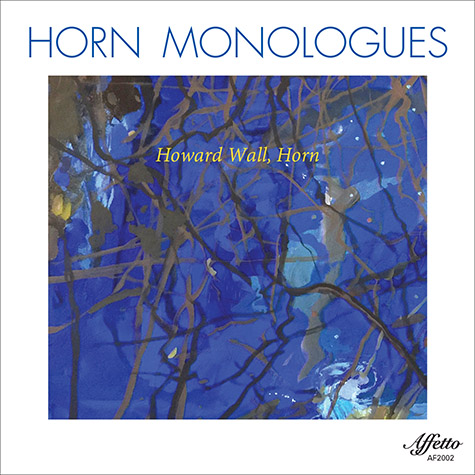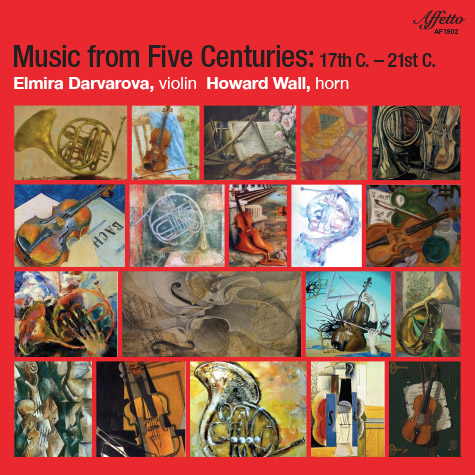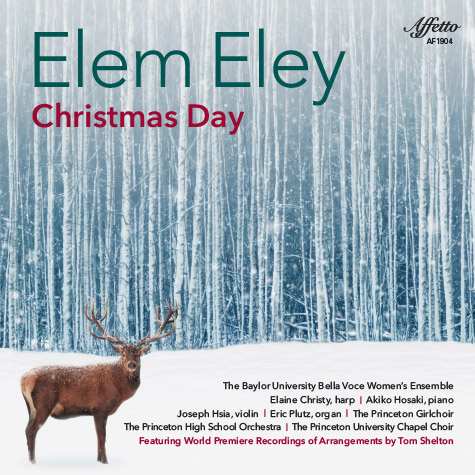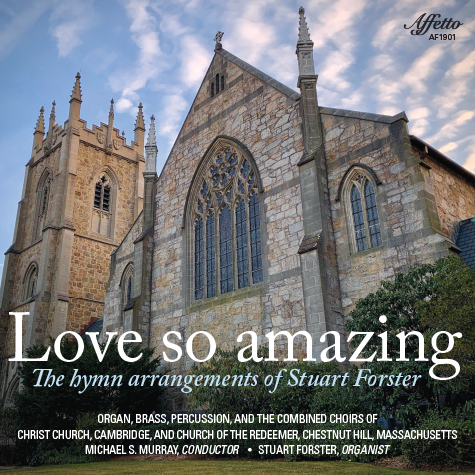August 6, 2019
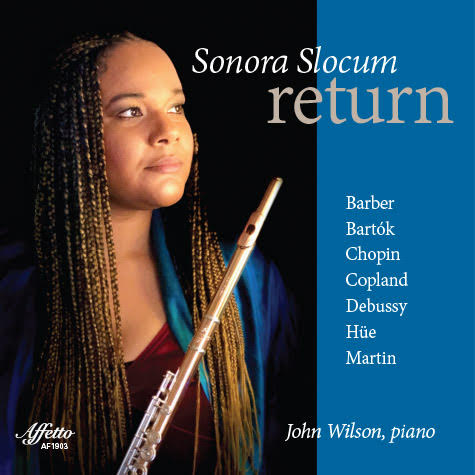
Sonora Slocum was appointed Principal Flute of the Milwaukee Symphony Orchestra in 2012 at the age of 22 and has performed with orchestras around the country including guest principal flute with the Chicago Symphony Orchestra and the Orpheus Chamber Orchestra. She has appeared with the Philadelphia Orchestra on flute and piccolo. Her collaborations as guest principal include touring and audio recordings with the Orpheus Chamber Orchestra as well as visual recordings with the Philharmonia Orchestra of New York at Lincoln Center. Slocum has worked under such renowned conductors as Charles Dutoit, Christoph Eschenbach, Rafael Frühbeck de Burgos, Sir Simon Rattle, Edo de Waart, Otto-Werner Mueller, John Williams and David Zinman, among many others. A recent review stated that “Slocum has a HUGE sound…and a wizard’s bag resplendent with technical prowess and musical freshness.” The conception of this debut album, Return, stemmed from Slocum’s interest in astrology and reflects on this period of her life; her first Saturn Return.
The tracks on this album represent both pivotal repertoire for flutists and some of the most technically demanding. Samuel Barber (1910-1981) spent a summer in Martha’s Vineyard where he wrote Canzone for flute and piano for his friend Manfred Ibel, a German art student and amateur flutist. Several years later Barber found a new application for the music as the second movement of his Piano Concerto, commissioned for the opening of Lincoln Center. The Suite Paysanne Hongroise by Béla Bartók is a perfect example of Bartók’s affinity for transcribing traditional folk songs and adapting them to a concert performance setting. Originally for solo piano, Paul Arma, a student of Bartók, transcribed most of the work for flute and piano in 1952. Copland’s Duo was commissioned by the Curtis Institute students of former Philadelphia Orchestra principal flutist and Curtis flute teacher, William Kincaid, and led to Sonora Slocum’s decision recording the album at Curtis, Slocum’s alma mater. Movement 1 has sweeping lyricism and broad, appealing musical themes while the second movement has a forlorn and lonely mood, poetic, and is somewhat mournful; the third is buoyant and dance-like to close to the work. Chopin was the first Western Classical composer to employ Slavic elements in his compositions. Nocturne in C-sharp minor, Op. Posthumous, originally for solo piano written in 1830, was published 21 years after his death in 1870. The work is sometimes called Reminiscence, fitting perfectly with the concept of this album. George Hüe’s Fantaisie is far from the realm of impressionism, showcasing the musical exploration of French composers at the turn of the century. The piece is dedicated to Paul Taffanel, a professor at the famous French flute school. Ballade by Swiss composer Frank Martin is a musical gem, written as an examination piece for the 1939 International Geneva Competition. The Ballade is a short, technical work for flute regarded as almost a ‘right of passage’ for flutists. Syrinx, by Claude Debussy, paints the story of the nymph Syrinx and the god Pan. Though the piece is rather short, it has been credited as a pivotal part of developing solo flute repertoire in the early twentieth century.
Available now at:
Apple Music | Amazon | Spotify







